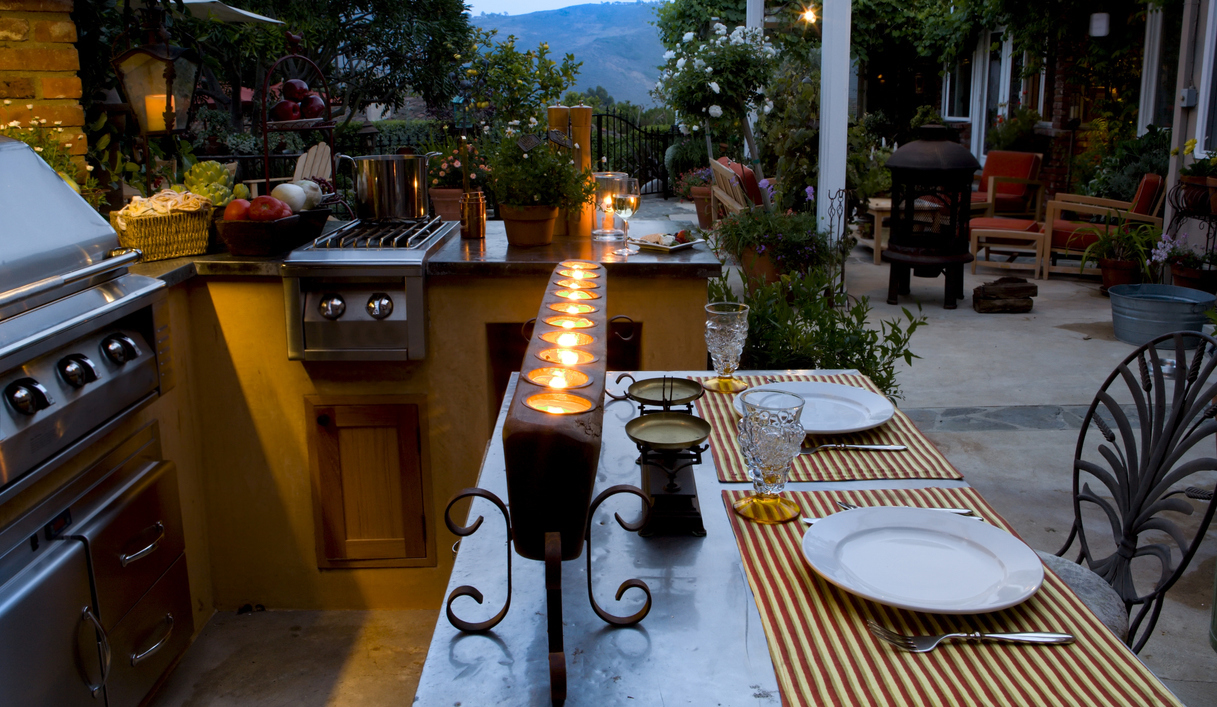ARTICLE Patricia Moore
The opening of the Harbour Bridge connecting Auckland City and the North Shore in 1959 was a red-letter day for the residents on the north side of the Waitemata Harbour. Suddenly the trip to town no longer involved taking the ferry or a 50km drive via Riverhead.
It also signaled the beginning of a huge expansion on the Shore. While the seaside settlements overlooking the Hauraki Gulf and the Harbour initially attracted development, over the years the dairy farms, commercial orchards, strawberry fields and vineyards, inland and to the north, have given way to huge areas of housing, schools, shopping malls and industrial premises, creating the suburbs which grew to become North Shore City and then, in 2010, were amalgamated into the Auckland super-city. From a population of around 50,000 at the time of the Bridge opening, the North Shore is now home to nearly 250,000 people – with a second harbour crossing needed to cope with the consequent volume of traffic.

Access may not have always been easy, but parts of the Shore have been strategically important for many years, first to Maori who built a pā on Devonport’s Takarunga (Mt Victoria) where, in the mid 1880’s a feared invasion by Russia saw the installation of gun emplacements. The Devonport Steam Ferry Company connected Devonport to the growing Auckland area in 1881 and by the early 1900’s the suburb had become home to the NZ Navy.
Today, Albany and North Harbour, home to Massey University’s Albany campus, and the 25,000 capacity North Harbour Stadium, is the area with most potential for growth. The older suburbs, Takapuna, Milford, Devonport, Birkenhead and Northcote boast some of Auckland’s finest villas and character homes and in East Coast Bays, the holiday baches are long gone, replaced by stunning homes built to make the most of views up the Gulf and across to Rangitoto. Glenfield and Sunnynook offer home-owners more affordable housing while still enjoying the advantages of North Shore living.

Like the rest of the greater Auckland area, the North Shore normally enjoys a temperate climate with many parts experiencing sub-tropical type weather. Summers are generally warm and humid and winter is relatively mild. (Temperatures average around 23° in summer and 14° in winter). Frosts are not common and rainfall is typically plentiful year-round with a mean annual rainfall of 1240mm, however, extreme weather events have become more frequent.
One of the biggest challenges when landscaping on the Shore is the soil. Volcanic eruptions hundreds of thousands of years ago mean some areas enjoy rich volcanic soils, but many gardeners, particularly in new subdivisions where the top soil has been removed by developers, are dealing with heavy clay soils.
‘In summer you can’t get a spade in and in winter you can’t get it out’. However, as Zones Landscaping Specialist Glen Barker explains, “Clay can be made more usable by using nutrient-rich compost and a long-term, slow-release fertiliser when planting.”
An alternative is including raised planter beds in the landscape design, he says. “These can be filled with top-quality soil for planting. Large pots can also be used and we’re noticing that where space is limited people are steering away from flowering annuals and using these to add colour and interest.”

Glen and Tracey Barker are excited by the variety the North Shore offers them as Zones Landscaping project managers. “There is such enormous growth with both new developments and existing home owners spending time and effort upgrading their backyards and entertainment areas,” says Tracey.
‘’A popular theme we’re seeing at the moment is the use of sub-tropicals, palms, New Zealand natives and succulents, with rocks or boulders to create a clean and modern look. Water features are also becoming popular.” And, while most plants will flourish on the Shore, Tracey says the humid conditions can test plants, such as native grasses, from cooler climates.
There’s a relaxed vibe to life on the North Shore. Population density is less than that ‘over the bridge’ and residents enjoy handy access to a huge range of recreational opportunities - not all of which are based around the Harbour and Gulf. For a growing number of residents this means coming home to a landscaped environment that combines typically indoor/outdoor North Shore living, with ease of maintenance and year-round pleasure.
As the article mentions, tropical themes are trending. Read the case study Escape from reality, for an example.
Get in touch with Zones to discuss your landscaping project
If you would like to discuss options and ideas for your outdoor landscaping project in North Shore, please use the enquiry form on this page to provide us with your contact details. We will get in touch with you at a time that suits you to discuss your landscaping design and build. If you would like to provide us with more information about your project, we have a more comprehensive enquiry form on our "Get in touch" page too.
*All information is believed to be true at time of publishing and is subject to change.
Read Next
All Zones Landscaping franchises are independently owned and operated.
Processing...
Are you ready to discuss your ideas?
Please fill out your details in the online form provided and we’ll get back to you within 48 hours to arrange a free, no obligation consultation.





